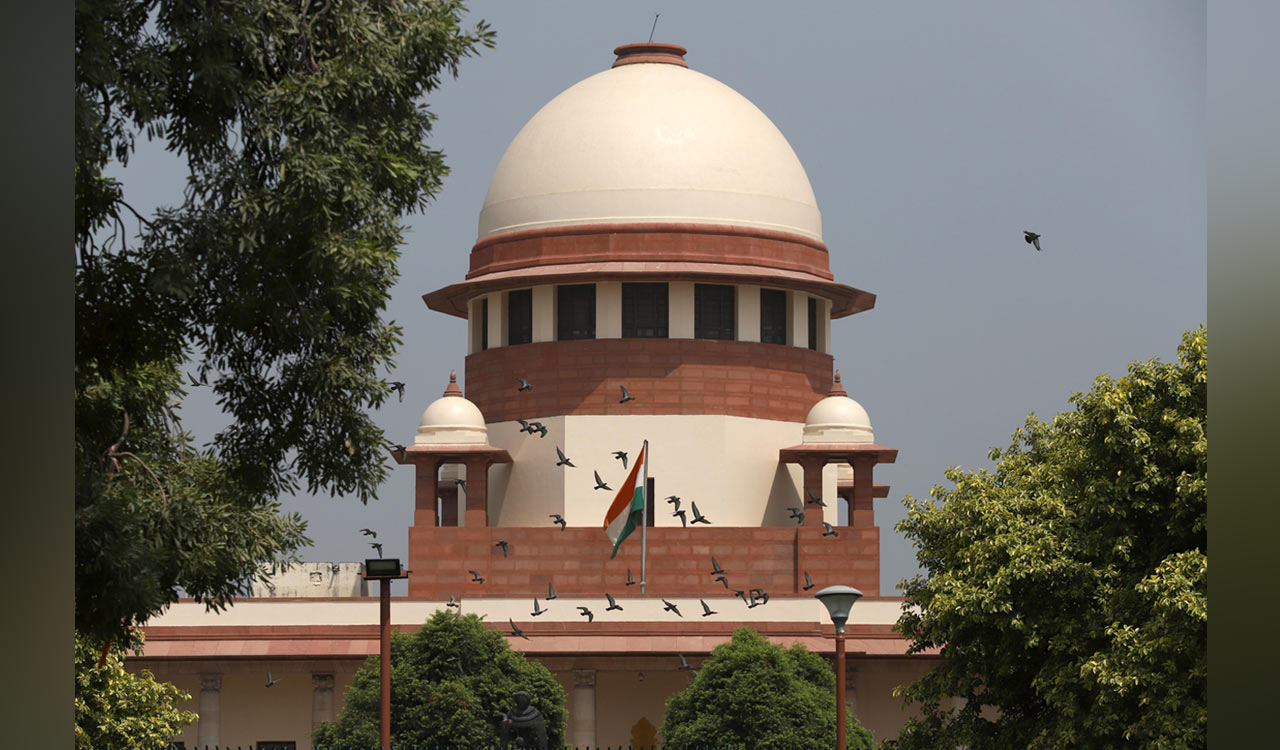The proposal to establish regional benches for the Supreme Court deserves serious consideration
Published Date – 1 March 2024, 11:59 PM

One of the key components of judicial reform is to make courts more accessible, inclusive and responsive. In this context, the proposal mooted by the Parliamentary Standing Committee on Personnel, Public Grievances, Law and Justice to establish regional benches for the Supreme Court deserves serious consideration. The Law Ministry too has endorsed the proposal as it would be helpful for the people in myriad ways, besides helping in reducing the pendency of cases. Regional benches would make justice more accessible to people living far away from the capital. This would reduce the need for individuals to travel to Delhi for legal matters, particularly for those facing financial or logistical challenges. There is also a strong case for having a primary bench in the national capital exclusively to address constitutional issues while the regional benches could specialise in handling appellate cases, allowing judges to develop expertise in specific areas of law relevant to their respective regions. This specialisation could lead to more informed decisions. In fact, regional benches would be better positioned to address local issues and concerns that might not receive sufficient attention at the national level. Judges familiar with regional contexts could deliver more relevant and effective judgments. Way back in 2009, the Law Commission recommended four regional benches to be located in Delhi, Chennai or Hyderabad, Kolkata and Mumbai to hear non-constitutional matters. In July 2021, bar councils in the south submitted a representation to the Chief Justice seeking that an SC bench be set up in south India.
Establishing regional benches could promote the development of legal infrastructure and expertise across different parts of the country, empowering local legal professionals and enhancing legal awareness at the grassroots level. By decentralising the workload of the apex court, regional benches could help ease the burden on the main bench in Delhi. This could lead to faster case resolution and a reduction in pending cases. The setting up of regional benches would also lead to greater opportunities, democratisation of the Bar and increase the number of judges as well as lawyers. A study has revealed that a majority of the cases before the apex court are from high courts close to Delhi. This will naturally lead to the perceived geographical bias. Opting for regional benches will make it easier for more Indians to access justice. However, no Chief Justice in the past had shown any inclination to consider the idea of regional benches, citing concerns that it could diminish the prestige of the Supreme Court. Last year, the apex court witnessed a 31% increase in the disposal of cases compared with 2022. However, such a disposal rate is negligible when compared with the total pendency of cases. More than 80,000 cases are currently pending adjudication of which 60,000 cases are civil. The establishment of regional benches will help in reducing the pendency of cases.




